The water that is supplied to your house comes through various water resources. These sources of water are likely to contain various kinds of impurities, such as TDS and suspended particles. Hence, the purification of drinking water is of the utmost priority. The water, before it reaches your house, is given chlorine treatment by the municipalities. But this doesn’t make it completely safe for drinking.
A water purifier will take care of the aforementioned problems. You need technologies like reverse osmosis, ultraviolet, and ultrafiltration to keep out the contaminants. The water purifiers out there, with these technologies in the market, are capable of eliminating such impurities.
The need to install the best water purifier for home in India is of the utmost need. Hence, a water purifier buying guide will help to understand which one is beneficial for you.
LG 7 Kg 5 Star Smart Inverter Technology Fully Automatic Top Load Washing Machine (T70VBMB1Z, Auto Prewash, Turbodrum, Stainless Steel drum, LED Display, Smart Diagnosis Middle Black)
₹17,990.00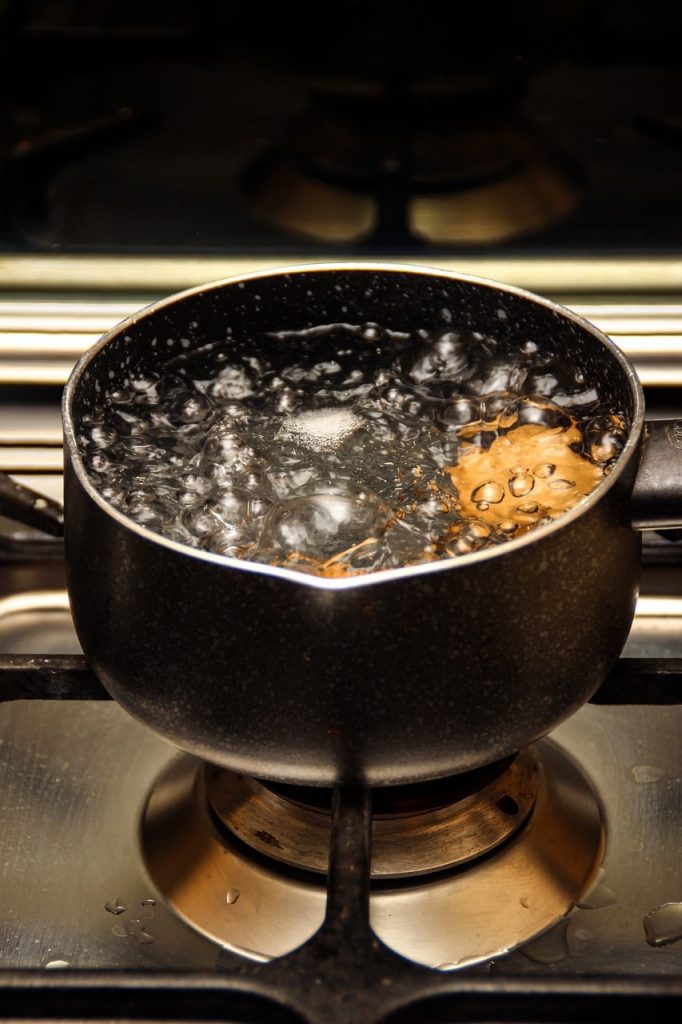
Related Reading:
There are various types of water purifiers available in the market. This guide on types of water purifiers gives you insight into which purifier to buy based on your needs.
Table of Contents
Factors to Consider When Buying a Water Purifier
There are so many questions that pop up in one’s mind when we talk about water purifiers. The usual questions are how to choose a water purifier and what is a good water purifier. To answer both these questions, we need an accurate understanding of water purifiers. And only a water purifier selection guide can help us.
A water purifier buying guide is not a manifesto. Neither is it a manual of some sort. It just includes the important points you need to keep in mind when you buy a water purifier. However, the question of how to select the best water purifier in India is a primary one.
1. The amount of water consumed
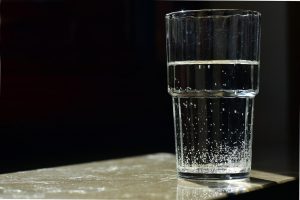
Firstly, you need to know the amount of water consumed by your family members. It is because these days, various water purifiers have a certain storage capacity.
Therefore, depending on the quantity of water consumed at a given point in time, you can determine the water purifier best suited for you.
2. The Pressure and Flow of water
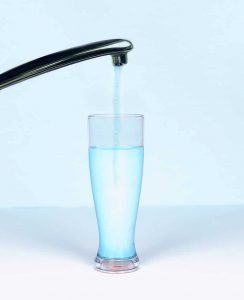
Secondly, you have to see the pressure and flow of water in your area—the more the pressure, the quicker the filtration process by a purifier.
3. Quality of Tap water
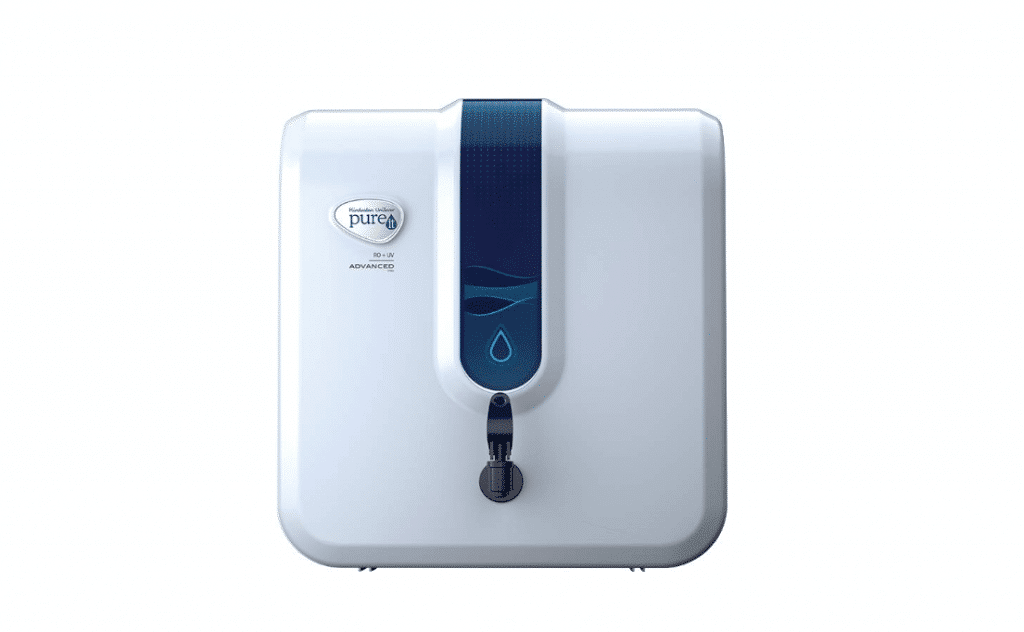
There are many localities where the tap water quality is not good. There are many areas where tap water contains a high quantity of iron. There are even areas where the water contains arsenic in trace amounts.
You need to know the quality of tap water in your area. Unless and until you are entirely sure about this, you cannot buy a water purifier.
4. Durability
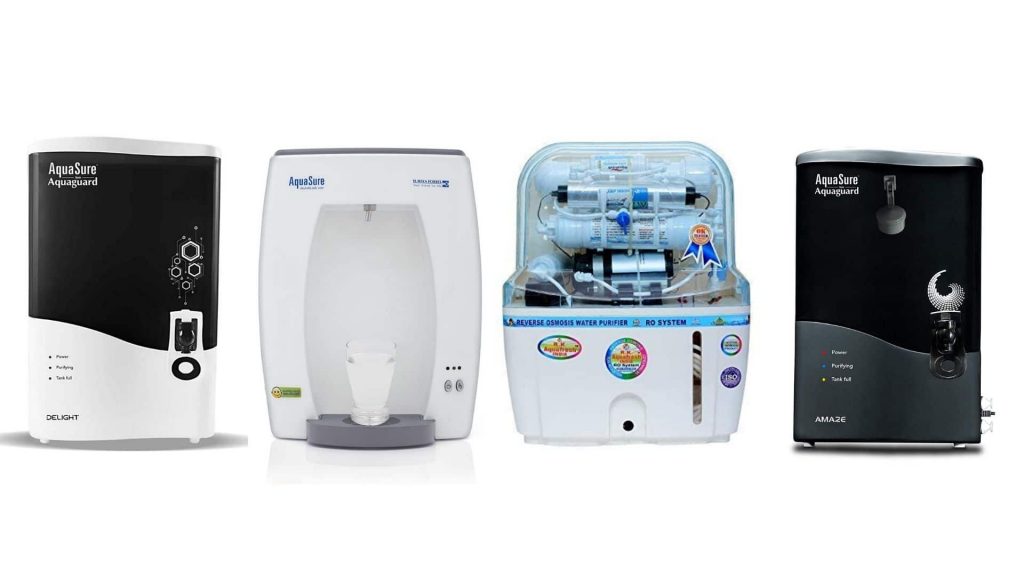
The plastic body and the silicon pipes reduce the chances of rust. Since plastic and silicon are both lightweights in nature compared to iron and burnt clay, it is easy to carry these water purifiers from one place to another.
You might wonder, why is it necessary to shift a water purifier from one place and relocate it to another? Well, not every one of us has a permanent home. Some of us change our rented apartments from time to time. A good water purifier is challenging to carry and replace in that case. In the case of modern purifiers, you can transfer them anywhere you like without making any extra effort.
Moreover, maintaining an iron made water purifier was not easy. All the parts underwent reliable welding, and you could not detach them. If there was anything wrong with the purifier, you had to replace it.
5. Budget
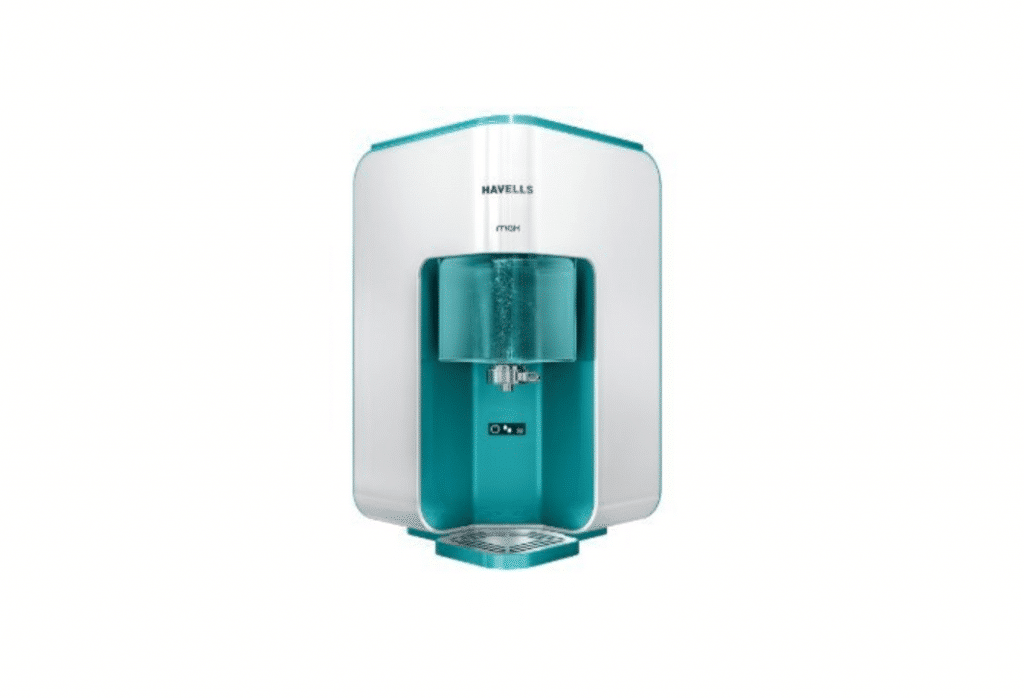
Compared to iron made water filters, plastic-body water purifiers are more cost effective. The usual setup inside these water purifiers consists of four main things. There is a direct-current motor for conducting electricity. There are channel pipes for the entry and exit of water.
There are network pipes to ensure the smooth flow of water. And there are structures to hold the pipes made of good quality silicon. These filters usually contain high-quality plastic. They have three-layered protection along with that.
6. Water TDS Levels
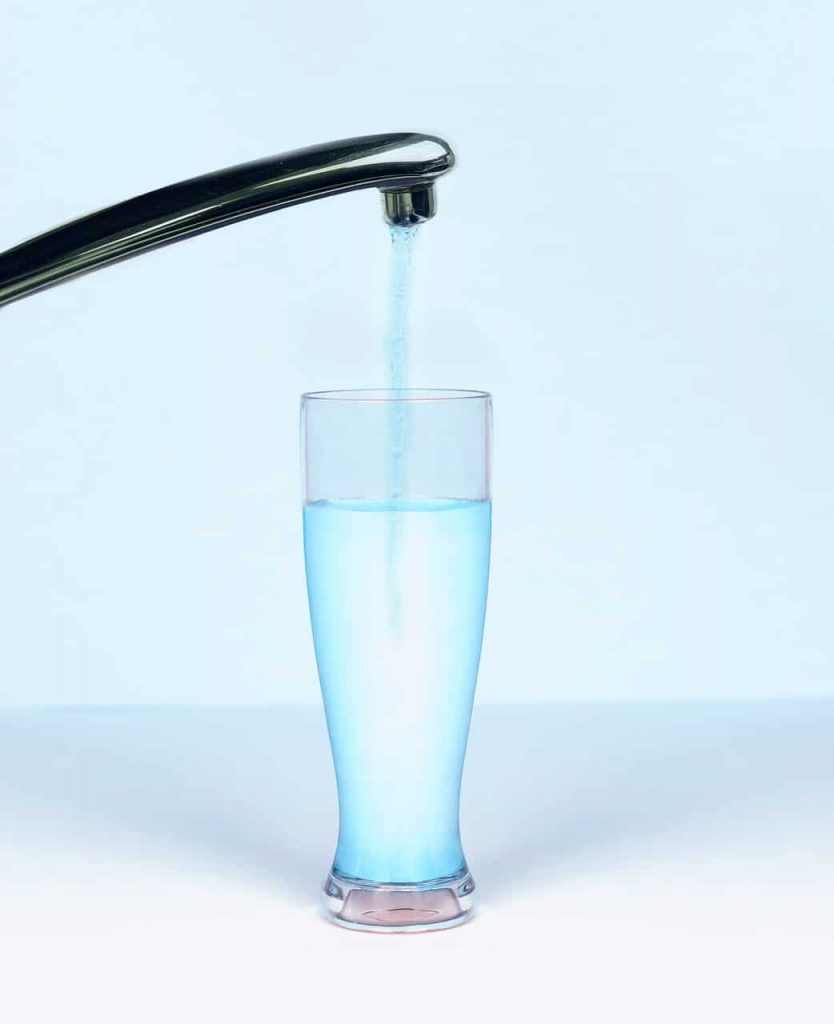
If you ask an expert how to select a water purifier, he or she will tell you to buy one based on the TDS level. According to research, the maximum safe limit of drinking water is around 500 ppm. If your water has a TDS value that is much less than the benchmark value, then you do not need to purchase a RO purifier.
A water purifier buying guide mentions that water having a low TDS value will simply be reduced further if an RO purifier is used. If this happens then, the drinking water will not have minerals such as calcium and magnesium. These minerals are good for your health, and your water must contain these.
Water, which has a TDS level of less than 500 ppm, is prone to bacteria and viruses.
That’s why determining the TDS value of the water is crucial, as, depending on the TDS value, a water purifier should be selected. In case you live near an industry, make sure to find out if the water coming into your house has chemical impurities. If you’re unsure about which filter to use, go for the RO+UV filter.
7. Maintenance
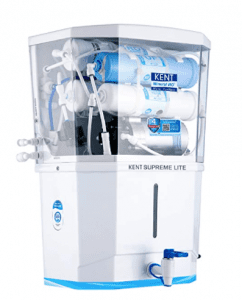
Types of water purifiers also differ in terms of home and office use. Households are not the only place where water purifiers find themselves. They are installed in offices, too. Water purifiers that get installed in offices are usually of higher capacity. They have filters that can filter large quantities of water quickly.
Moreover, the standard of equipment is better compared to basic household purifiers. They do not consume high units of electricity. However, these purifiers require round-the-clock maintenance. Without robust maintenance, a water purifier in a commercial establishment can fail its consumers to a great extent.
You should also keep in mind that water purifiers in offices cater to a large group of individuals.
8. Filtration Technology
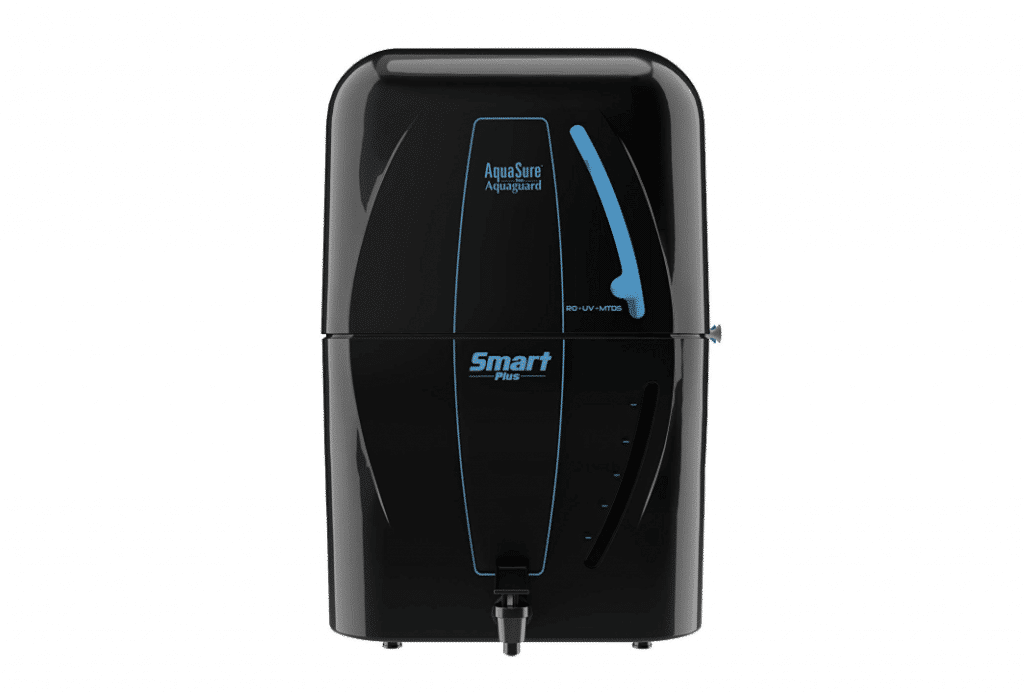
UF or ultrafiltration works best for water having a low TDS level. This is usually the case for soft water.
Hard water has a higher TDS value; hence, RO water purifiers are used. Often, hard water has a high level of contamination. In such cases, one should opt for water purifiers that have RO, UV, and UF together.
UF filters work best with any other form of the water purification system. They do not kill any biological microorganisms, but remove the suspended particles from water.
Related Reading:
Confused about the filtration process? Read here the difference between RO vs UV vs UF in detail.
Final Words
A good water purifier has a system that allows them to reuse the water that is otherwise considered to be waste. The waste water can be reused, and even the generation of wastewater can be reduced.
If your water has a TDS level of 150 or less, then the waste generated is much more. A low TDS level in water is not only harmful to your health but also brings about several diseases. You can fix or increase the TDS value of water using a knob. Increasing the TDS value will not only reduce waste but also make drinking water suitable.
According to data from various sources and labs, any average RO water purifier produces nearly 2 liters of waste for every 1 liter of purified water. However, this does not suggest that the water purifier which you have purchased is not a good water purifier.
Related Reading:
Get a non-electric, gravity based best water purifier in India.
Frequently Asked Questions
Here are some interesting FAQs on a guide to buy a water purifier.
1. What are the different types of water purifiers?
There are 4 different types of water purifiers available in the Indian market.
- Membrane Filters
- Gravity Based Water Purifiers
- RO+UV+UF Water Purifier
- EAT Filters
2. Why Do You Need A Water Purifier In Your House?
Poor quality drinking water can make people sick. People who have a fragile immune system can fall quickly ill. The group of individuals who have vulnerable immune systems mainly consists of kids and old-age individuals.
3. How to choose RO water purifier for home?
While choosing an RO water purifier, consider the following four things before buying one.
- Design
- Purification Process
- Membranes
- TDS Controller
4. Which Water Purifier Should I Choose?
Nowadays, there are several options to choose from while buying a water purifier. However, RO technology seems to have become synonymous with water purifiers.
When you are unable to decide which water purifier to buy, you must take into consideration the TDS level of input and output water. Knowing the TDS value of water is the primary point.













